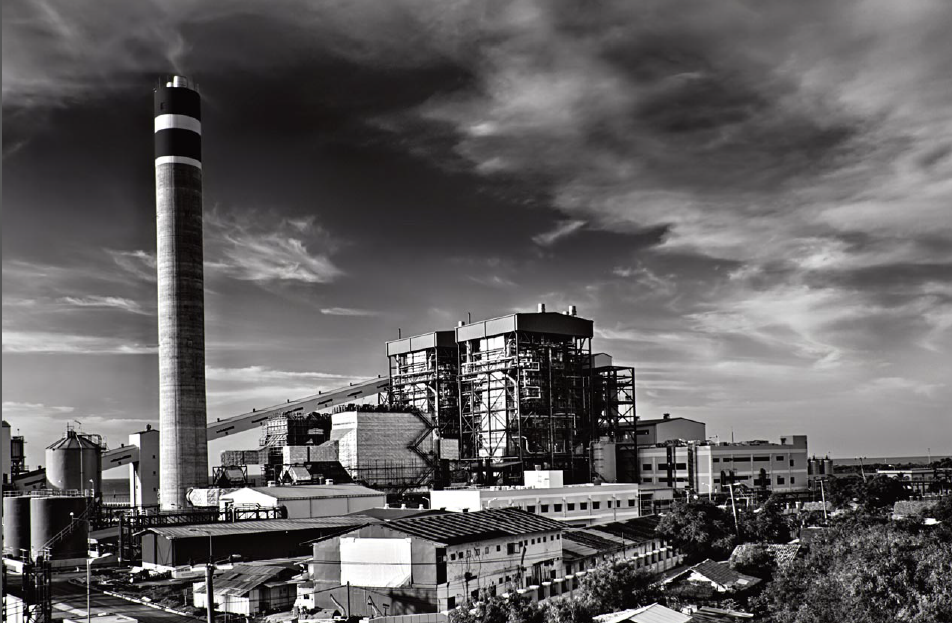
World Bank Boosts Coal in Indonesia Revealing Loopholes in New Energy Strategy
A new investigation by Oil Change International shows that the World Bank’s infrastructure program in Indonesia reads like a coal industry wish list stipulating policies and government subsidies that promote the fast-tracked development of over 40 coal projects in the country ahead of developing feasible renewable alternatives.
 On July 9, the World Bank Group (WBG) released its Energy Directions paper, in which the Bank pledged to limit coal lending to rare circumstances – only in countries with no feasible alternatives to coal. In order for this pledge to have any significance, the World Bank must immediately reverse its current support for massive coal developments in Indonesia. Even though the Bank set many of these actions in motion before the new strategy, the Bank can still make a difference, if they choose to. The question is: will they close these loopholes that have allowed coal financing to go forward, or won’t they?
On July 9, the World Bank Group (WBG) released its Energy Directions paper, in which the Bank pledged to limit coal lending to rare circumstances – only in countries with no feasible alternatives to coal. In order for this pledge to have any significance, the World Bank must immediately reverse its current support for massive coal developments in Indonesia. Even though the Bank set many of these actions in motion before the new strategy, the Bank can still make a difference, if they choose to. The question is: will they close these loopholes that have allowed coal financing to go forward, or won’t they?
A new investigation by Oil Change International shows that the World Bank’s infrastructure program in Indonesia reads like a coal industry wish list stipulating policies and government subsidies that promote the fast-tracked development of over 40 coal projects in the country ahead of developing feasible renewable alternatives. Instead of guiding Indonesia – already the world’s largest coal exporter and third largest emitter of greenhouse gases – onto a low-carbon development path, the Bank’s infrastructure program has catapulted and cuffed Indonesia to dirty coal. Not only development that exacerbates climate change, but also not the most effective means to address Indonesia’s energy poverty.
The Bank’s new Energy Strategy, which has been widely praised, did not mention the mechanisms by which Indonesian coal projects are being supported – development policy loans and financial intermediaries. The OCI briefing reveals that the World Bank created and financially backed the Indonesia Infrastructure Guarantee Fund, which awarded its first guarantee of $33.9 million to the Central Java Power Project, a controversial 2000 megawatt coal power plant. Since this first coal guarantee, others are lined up including a coal rail link for exports and another 600 MW power plant.
The Bank states that these guarantees are critical for obtaining long-term infrastructure finance. In addition to coal abetting policies and subsidies, the WBG served as the transaction advisor to the Central Java Power Project, in which role the Bank arranged financing for the project, promoted the project to investors, and supported the project’s expansion to become one of the largest coal plants in Southeast Asia. This mega coal project will harm the environment and threaten local community livelihoods. As such, the project has incited strong local opposition including a lawsuit and multiple protests by thousands of local residents resulting in violent clashes with project security and the military.
There is still time for the World Bank to do the right thing and halt this dirty coal project as well as further WBG support of coal development more generally. On October 6, 2013, the project finance will go forward unless it is disrupted. To avoid locking Indonesia into a future of dirty, climate-destroying coal and making a mockery of its Energy Directions’ pledge to limit coal financing, the World Bank must insist that the Government of Indonesia cancel the guarantee extended to the project.
In the United States, the World Bank’s support for this project also tests President Obama’s pledge to end coal financing overseas. As the World Bank’s largest shareholder, the United States has a particular say in the World Bank’s operations. The U.S. government needs to be clear that the President’s pledge is comprehensive and covers all forms of coal financing, including policy loans and financial intermediaries. The Obama Administration should not let the World Bank’s support for Indonesian coal slip through the loopholes and lock Indonesia into a dirty coal filled future.
